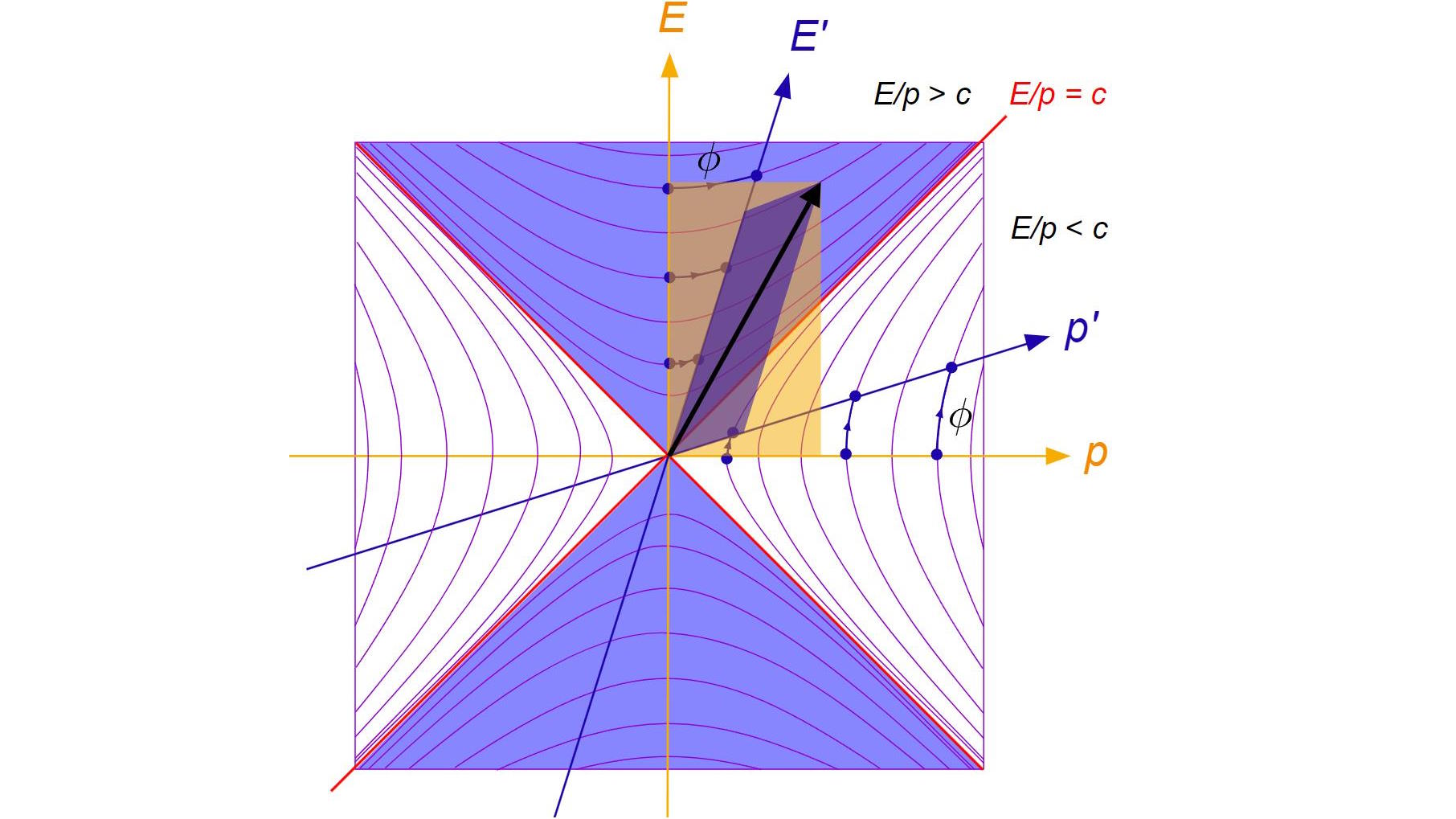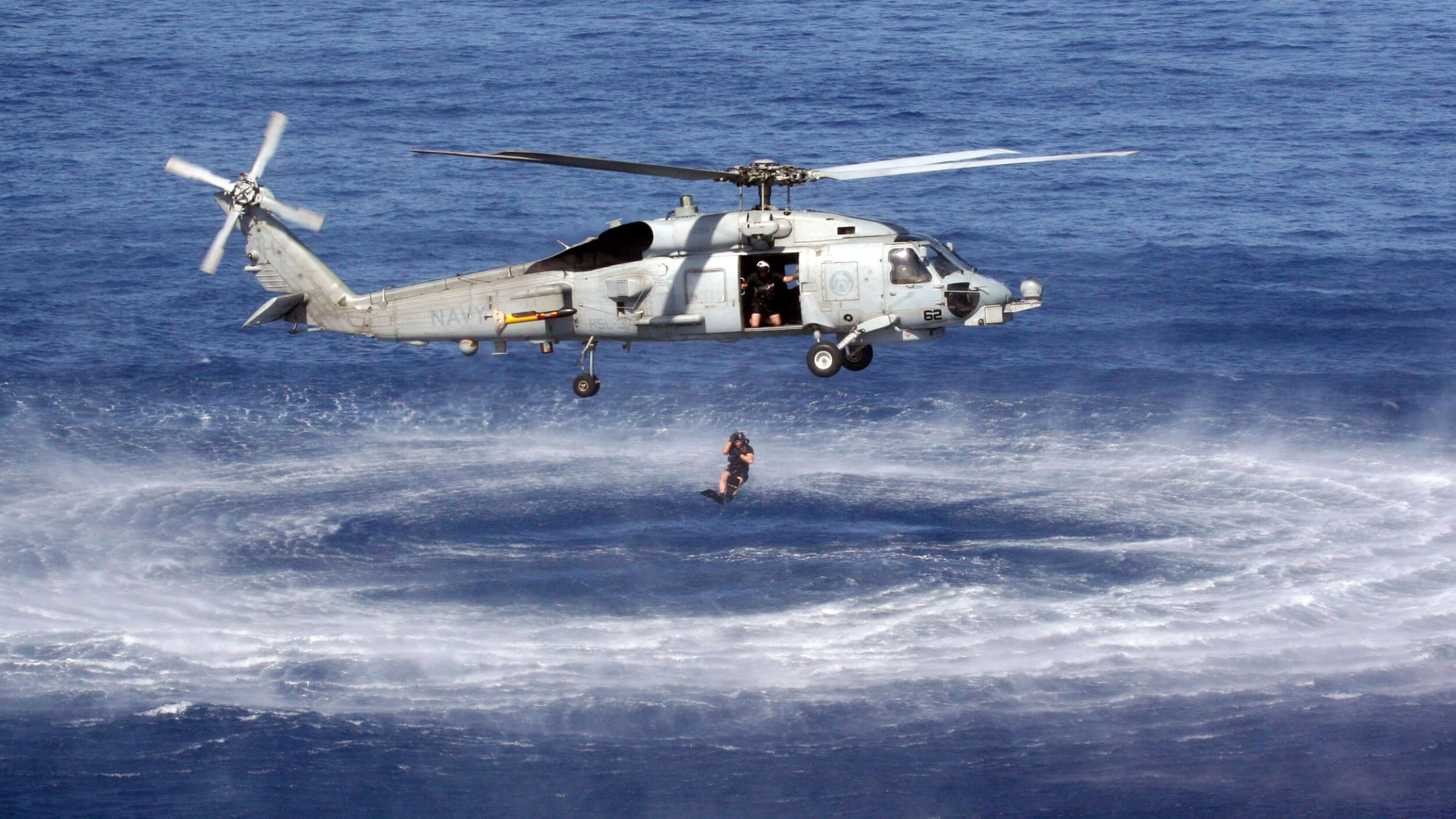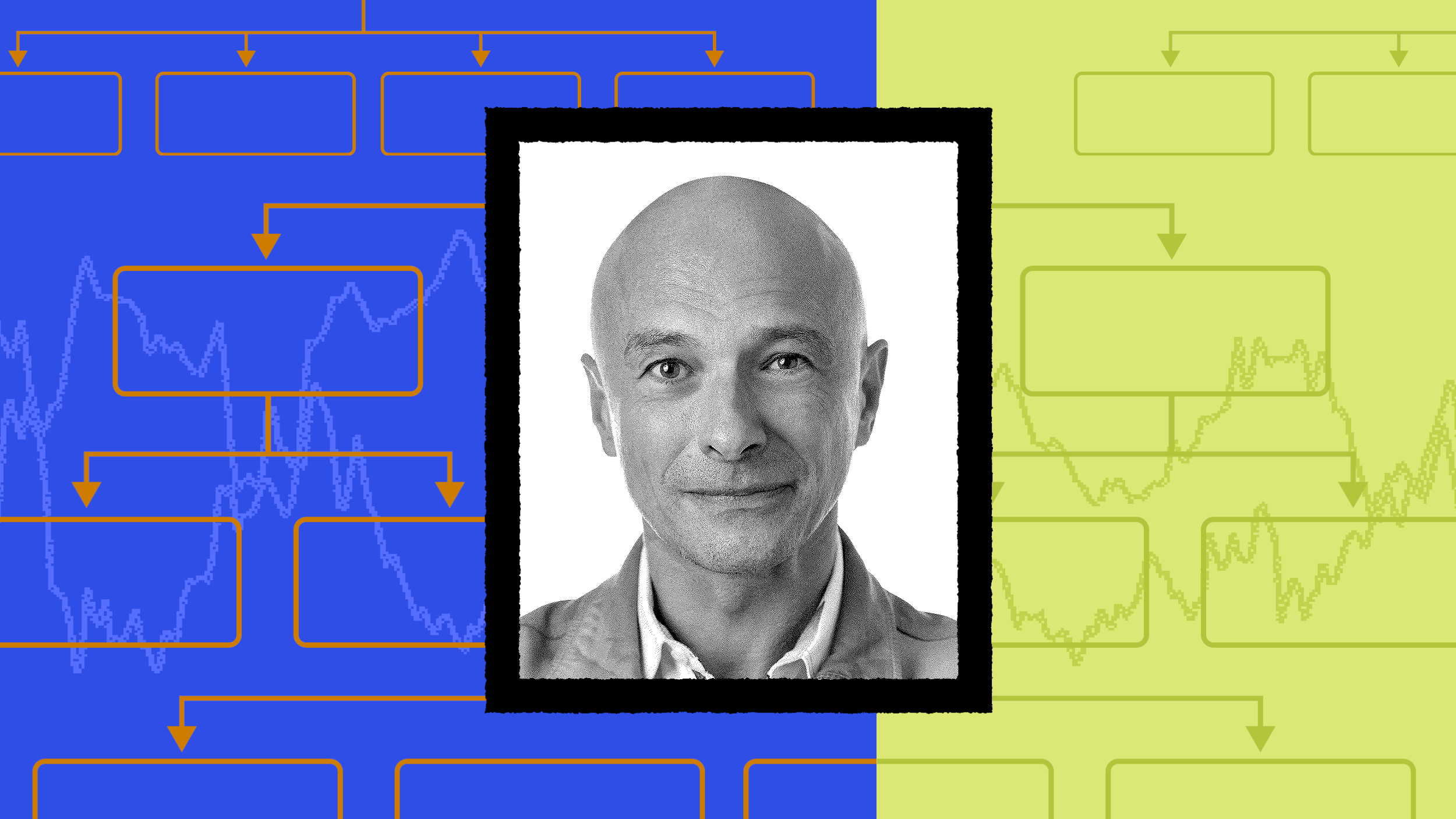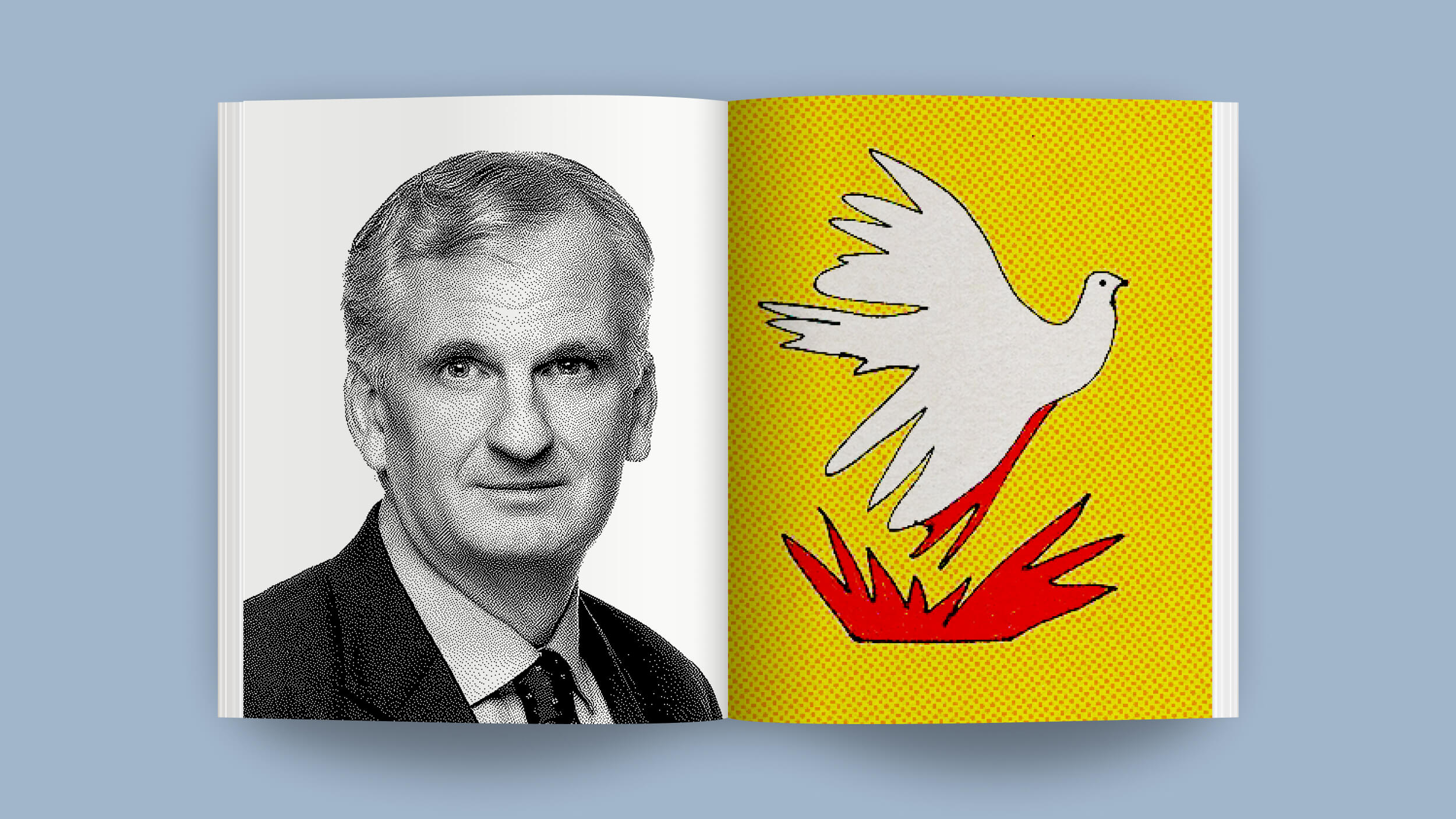The activist cites her family but also the lasting impression made on her by Hurricane Katrina.
Question: How did you break into the environmental justice movement?
Kari Fulton: If you want to go back to like my family's size, my... mom does a lot of... she did a lot of non-profit work around conflict management and arts and social justice and my father actually cleans up environmental waste. He works for the government but I didn't actually build that connection in between the social aspects that I was working on and what that might be doing to my father and to some of my relatives who also have cancer or dealing with respiratory issues until I had the opportunity to go volunteer in the Gulf Coast during Hurricane Katrina. So after Hurricane Katrina, that first spring break I was in a group of the first students from Howard's to go and volunteer. So, since then there is been a lot of different alternative spring breaks through Howard University but when I went, it was really, really eye opening experience because I was working and the Gulf Coast, predominantly and Biloxi and Mississippi and other places that have been impacted, but it was the first time that I saw like, wow, how much of a connection our environment plays to all the social justice issues that we are having in. And so for the first time I looked in I said, well, this storm just exacerbated all the other issues that were going on and when I went down there, it was very interesting because people were barbequing and grilling and they were so happy to see us. Like, honestly they were happy because Howard is a historically black college and university and before that, there were lot of kids coming with Americorps and Red Shield and from Brown and Yale and all this different places, but the people in that community, they all mentioned, they said, "We are so excited because this is the first time that we've seen our people come down to help us."
And so that meant a lot to me and then... so they celebrated that, they really honoured a... they... you know, even though they were in such struggle and strife, they barbequed and they were grilling and I was thinking like everybody seems to be barbequing and grilling and it's just March. But I realized the reason why they were doing that was because the electricity hadn't been turned on since the storm happened in September and we're talking about March.
From that I had this... one of the first of my A-ha! moments and I was sitting there talking with my friend and she was crying because we had just last the Ninth Ward of New Orleans and we just looked at like people's houses on top of the other people's houses and listening to all the different legislative in policy, situations that were really harming the people that used to live there, where people were being told that they had move in to their homes but it's like how can you move in if your home is on top of someone else's. So they where taking land, it was all types of things. And so she was crying and she was like "I just feel so overwhelmed" and at that same moment I was saying... I want to do something and it gave me this A-ha! moment and I said, "I want to bring that spirit of community service back to DC." We don't have to always go down to New Orleans to do good in our community.
So, I ended up getting a fellowship with Young People for People for the American Way and they gave two other Howard seniors and I a fellowship and they awarded it to us and they gave us some seed money and they said do whatever you want to do with it, any type of progressive campaign you want to do and we will help you through it, we will help you develop a blueprint for success and make it happen.
So we did that and we decided that we had all these different things we wanted to do. One person really was interested in HIV/AIDS, one person wanted to continue building up advocacy around Hurricane Katrina and the Gulf Coast and I also wanted to do that but I was like I want to do some sort of community service. So we decided to put together a block party, becasue we were real like how are we going to meet people where they're at. We can't just continue to have the same boring forums and panel discussions but let's build it up and let's bring people where they're at. So we hosted these block parties, we engaged the community, we tested throughout those black parties, I think we tested over 250 different people for HIV/AIDS. We brought out different community service organizations and non-profit organizations and government organizations to help bring out resources. We had the employee van coming out to offer help in getting jobs for teenagers in the area. So that was kind of what sparked it and from that, you know, people started looking and so Shadia Wood who was the former Campus Climate Challenge Coordinator for EJCC saw me working, she sad hey, I'm transitioning and you will be the best person to take my spot. And it was great because I was just graduating from college and so it's been show in the road ever since then.
Recorded on: May 8, 2009





